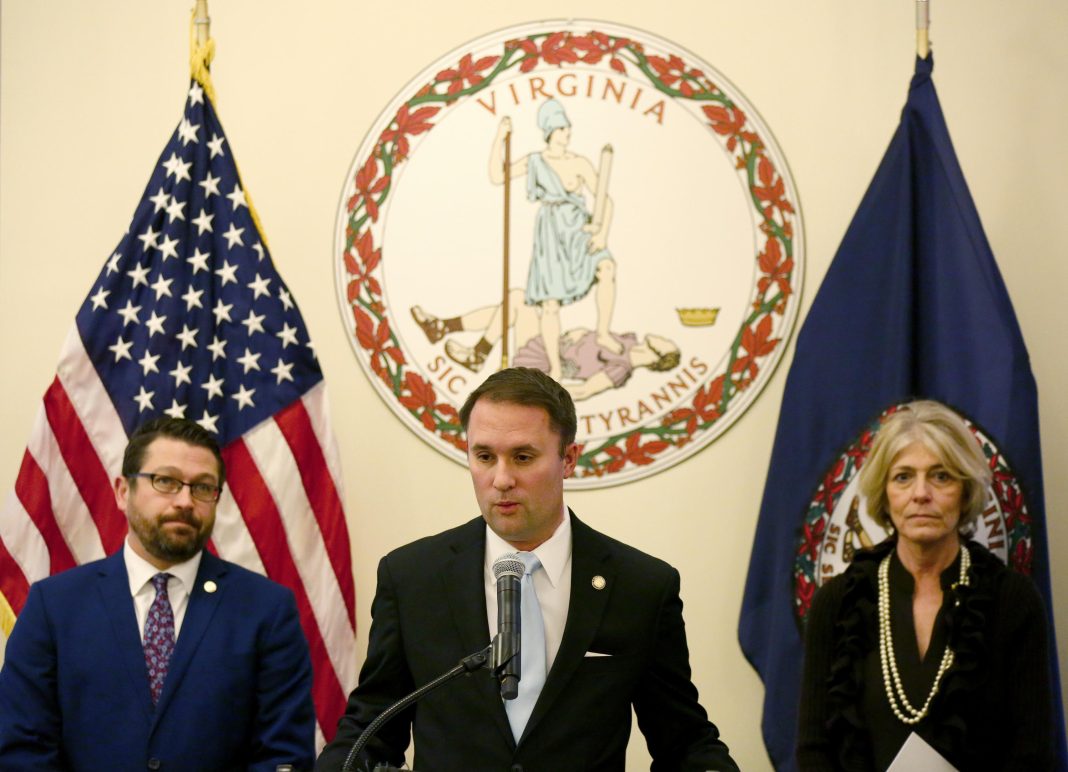Unlock the Editor’s Digest for free
Roula Khalaf, Editor of the FT, selects her favourite stories in this weekly newsletter.
Downing Street has been accused of blocking the former parole board chair, who resigned over thwarted plans to release a serial sex offender, from becoming the parliamentary ombudsman.
Nick Hardwick, a former HM Chief Inspector of Prisons and ex-parole board chief, was the preferred candidate of the House of Commons to become the head of the Parliamentary and Health Service Ombudsman, its complaints watchdog, according to Whitehall insiders.
But two government officials and a senior Tory MP said that Number 10 had intervened to halt the appointment, sparking a row with the parliamentary authorities.
“Number 10 has struggled to sign up to the preferred candidate on account of his previous professional experience,” said one of the government insiders.
Hardwick was forced to quit the parole board in March 2018 after judges overturned its decision to release John Worboys, who was convicted in 2009 for attacks on 12 women and initially given a life sentence with a minimum term of eight years.
Hardwick stressed in his resignation letter that he had played “no role in the decision of the panel in the case” of Worboys, a former taxi driver dubbed the “Black Cab rapist”, but conceded “mistakes” were made and said he accepted accountability for the work of the board.
The ombudsman is a senior figure responsible for independently investigating complaints against UK government departments, other public organisations and the NHS in England.
On Monday, Cabinet Office minister Alex Burghart announced the appointment of a temporary “acting” ombudsman in parliament, instead of confirming a permanent replacement for Rob Behrens, who has served in the role since 2017.
Tory MP Will Wragg, chair of the House of Commons public administration and constitutional affairs committee and a member of the ombudsman recruitment panel, subsequently told MPs that the preferred candidate had been recommended in January. But he added the individual, who he did not name, had “seemingly been declined by Number 10.”
Wragg criticised the government over its “somewhat irregular” behaviour in the “saga”. He said the panel had “diligently” considered all 52 applications for the ombudsman role using “proper procedures” that began last summer.
Wragg cited the Cabinet manual, which sets out the main laws, rules and conventions affecting the conduct and operation of government, that states the ombudsman is “an officer of the House of Commons appointed by the Crown and is independent of the government”.
It also states that in recognition of the ombudsman’s relationship with parliament, the Commons “leads on the recruitment to the role”.
A third government insider conceded there were “some reservations” about Hardwick, but insisted he had not been blocked by Number 10 as “no decisions have been taken”. The person added: “We need to ensure the public has full confidence in whoever is ultimately appointed.”
Another MP said of the government’s intervention: “It’s really fishy. I presume Number 10 thinks Nick Hardwick would be controversial but he resigned [from the parole board] with a rather old-fashioned and welcome sense of honour. Ministers often resign over something that occurs in their department. Why should that bar them from any office in the future?”
The ombudsman role has been in the spotlight this month after a recent hard-hitting report, which found that the Department of Work and Pensions had failed to adequately communicate changes to the women’s state pension age since 1995.
A government spokesperson said an interim ombudsman was “in the process of being appointed to ensure continuity during the recruitment process for the next [permanent] ombudsman”, which “remains ongoing”.
Hardwick declined to comment.


